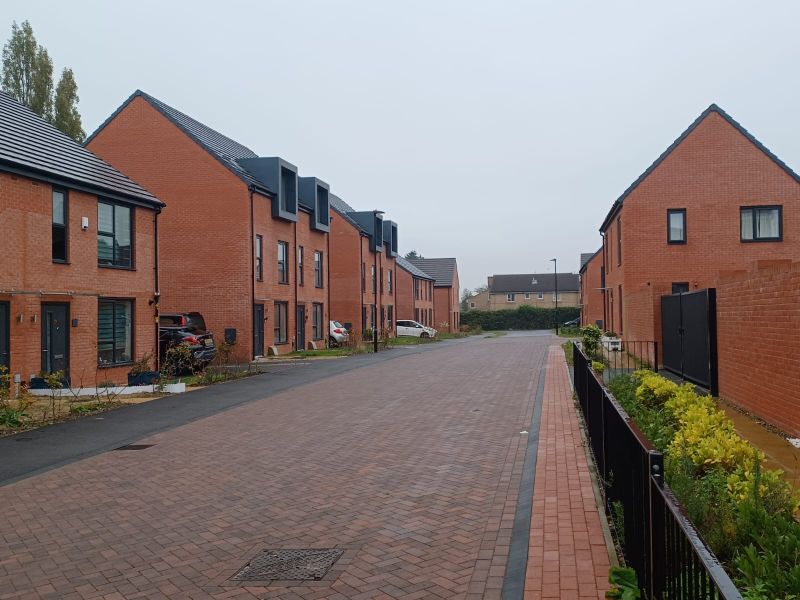New guidelines designed to provide a robust framework for data sharing in smart cities have been published as a British standard by BSI.
The guidelines pioneer a transparent approach to data sharing in smart cities, designed to ensure that decision-makers have access to accurate data to shape policies that positively impact communities.
Smart cities use information and communication technology to improve operational efficiency, share information with the public and provide a better quality of life, as well as the sustainability and efficiency of city operations. In the UK, smart city projects currently exist in Glasgow, Belfast, Birmingham, Bristol, Hull, Manchester, Milton Keynes, London and Peterborough.

The standard, which is relevant to decision-makers, data professionals, smart city consultants and other parties, offers guidelines to establish data sharing arrangements, which are necessary when city data and information services are being shared by multiple organizations.
Smart city projects may be implemented by local authorities, universities, transport operators, utility providers or other organizations. Projects range from the small-scale use of technology to optimize an isolated process such as smart river sensors that monitor and help predict when flooding may occur, to city-wide data collection networks for the operation of public services.
Guidance to establishing a decision-making framework for sharing data and information services (BS ISO IEC 17917) is the international adoption of Smart cities. Guide to establishing a decision-making framework for sharing data and information services (PAS 183:2017). It was developed at the request of the Cities Standards Institute in part to support a transparent approach to making decisions. It was designed to support smart city decision-makers to create data and service assets, which are used to improve the quality of life for citizens and visitors.
The standard is launching at a time of smart city growth, with more and more cities choosing to invest in technology and updating their infrastructure, to save money and time for millions of city residents. Forbes has reported that the global smart city market will grow by more than $400 billion by 2025.
Scott Steedman, Director-General, Standards, BSI said: “Smart cities use technology to enhance people’s lives and contribute to better outcomes for sustainability by exploiting data and information from official sources and sensors in buildings, transportation and public services, monitoring the weather, security cameras, traffic jams and so on. The new guidelines set out in this international standard from ISO/IEC mitigate the risks associated with missing or misinterpreted data, supporting better-informed decision making by the civic authorities.
“By providing a robust framework for data sharing in smart cities, we can not only empower decision-makers, but also accelerate urban development towards a more sustainable and prosperous future.”




















